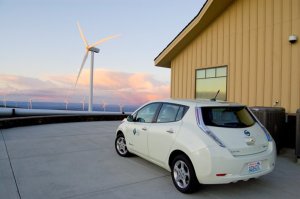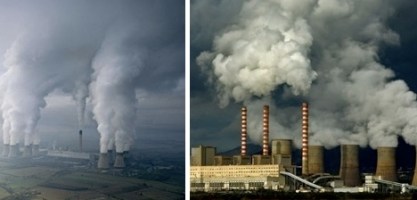[Editor’s Note: Below is a guest post from Jesse Glicker LEED AP. Formerly, the Special Projects Coordinator at COOKFOX Architects, Jesse is currently a Masters Candidate at UCL’s Energy Institute studying Economics and Policy of Energy and the Environment.]
There is no shortage of news headlines about upcoming changes in the U.S. With the presidential inauguration only just behind us, we are already seeing intense shifts in policy targeting changes in the health care system, immigration reform and the renegotiation of trade deals. In this time of transition it is important not to lose sight of what this means for the environment and the U.S.’s role in fighting global climate change. Under the old administration, climate change was an accepted fact and U.S. environmental policy reflected that.
The Paris Agreement, considered the most ambitious global climate change efforts to date, was signed by 195 nations in December 2016. The agreement shows how serious the international community is about combating climate change.While the United States often claims the position of a leader in global policy, its waning commitment in the transition to a low carbon economy leaves it open to become outpaced by other world powers. The U.S. must remain focused on staying competitive in the high-growth industry of renewable energy and assess the options for doing so with or without federal support in order to remain a leader in this global effort.










